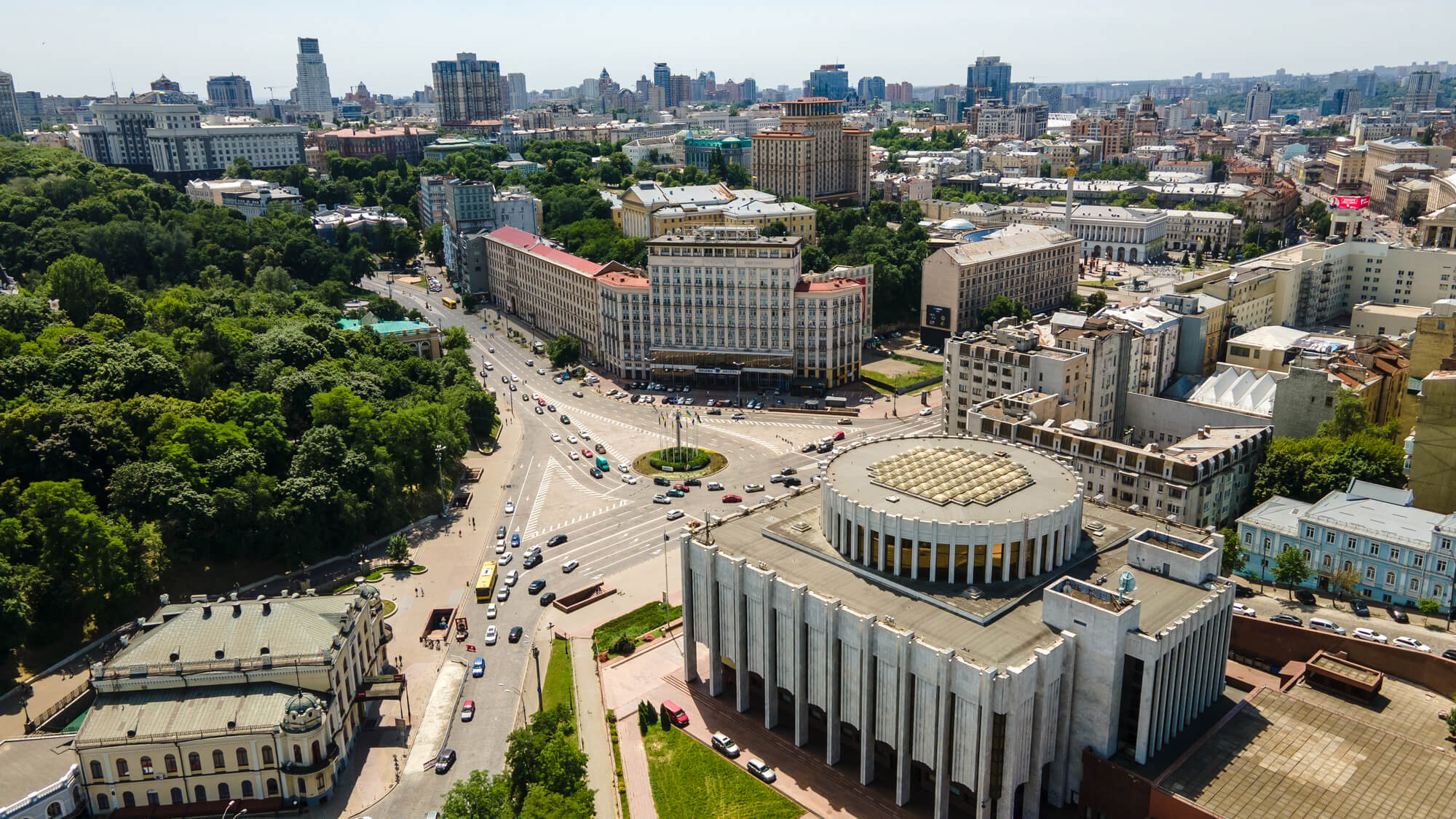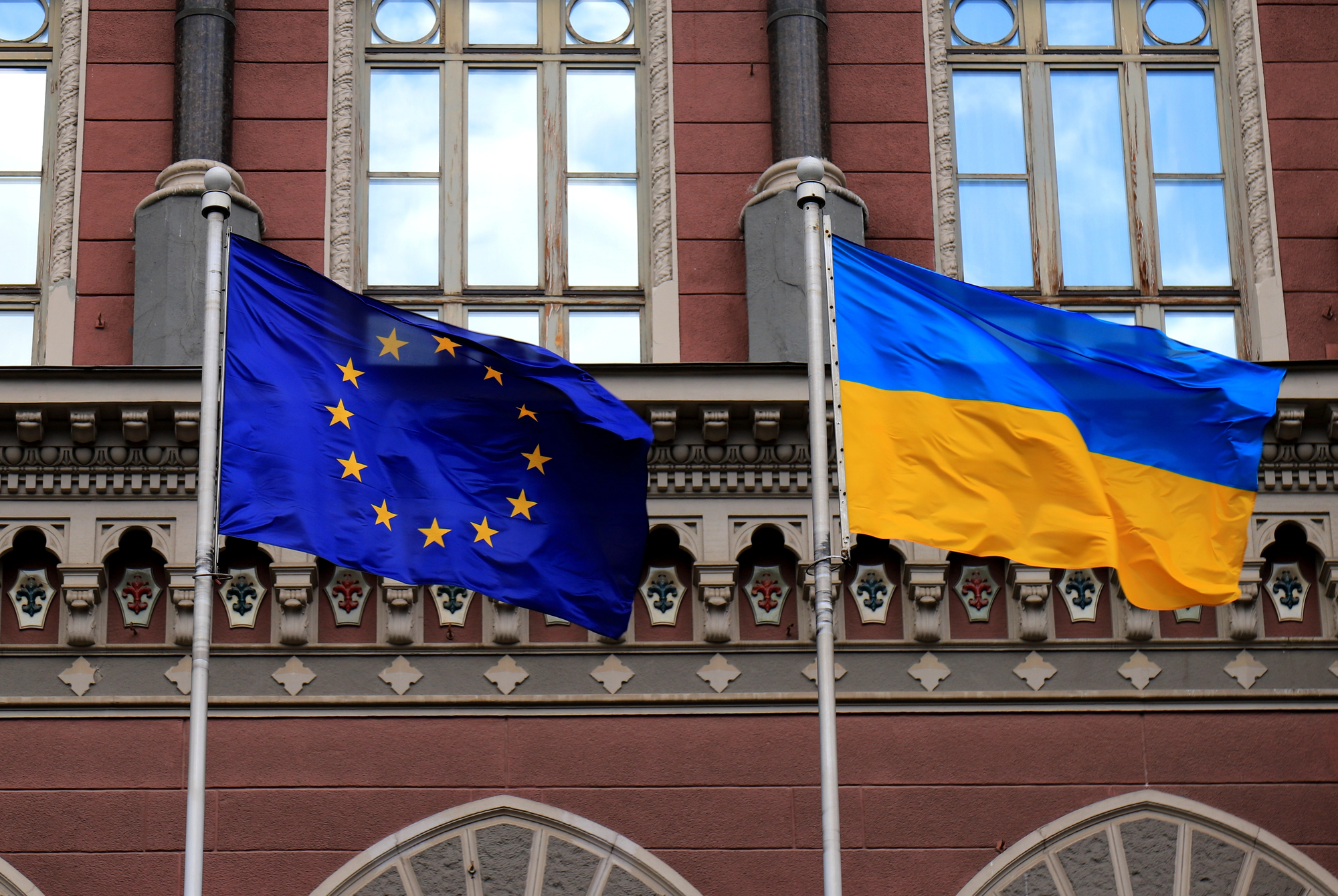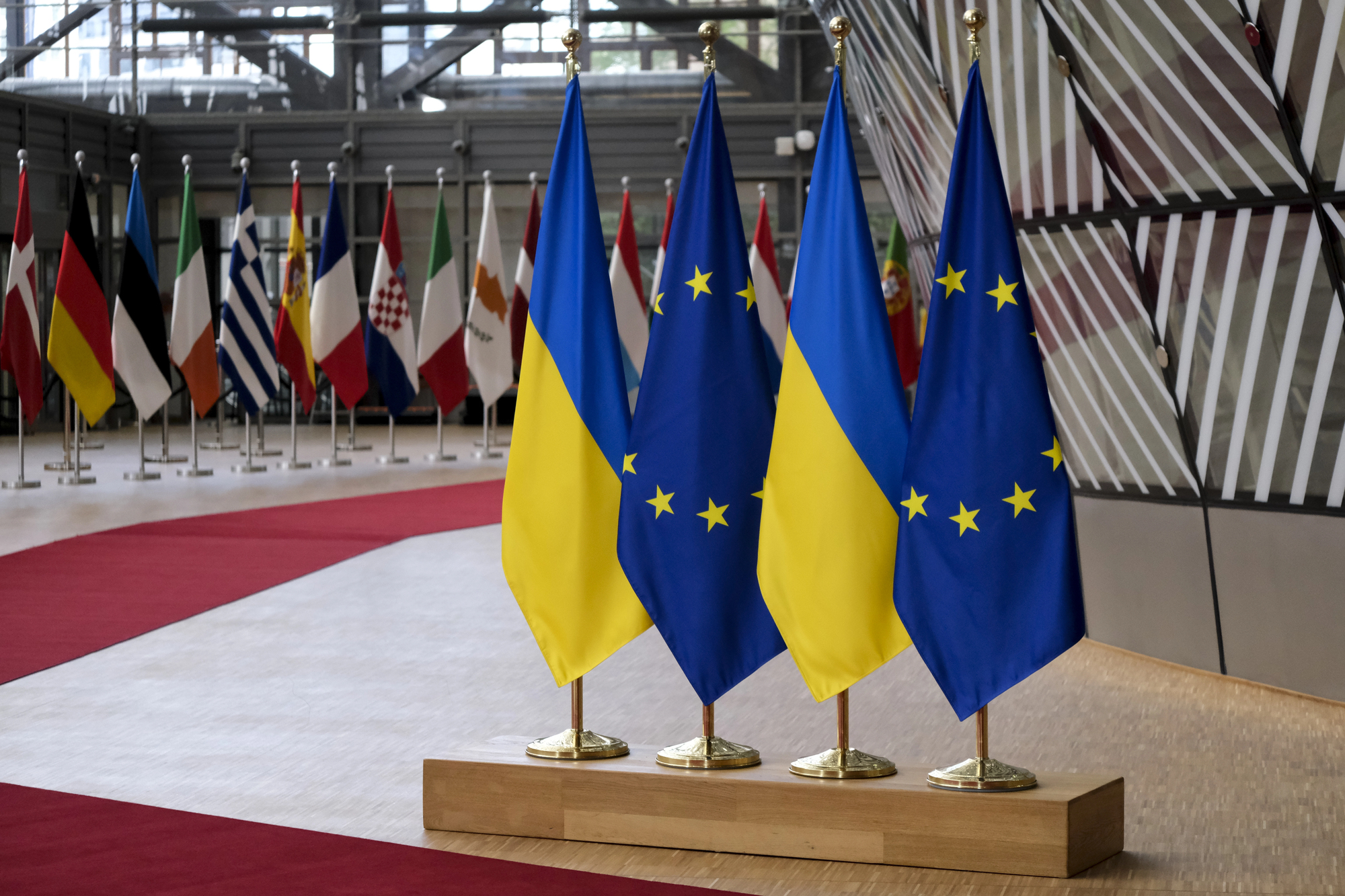In his insightful article, Mr Pasenyuk poses an interesting question: can the COVID-19 pandemic contribute to establishing stronger democratic institutions? The piece makes a case that the COVID-19 pandemic emphasised the need for expert advice and created stronger demand for expert-led politics. Based on this, the author makes an optimistic statement that COVID-19 overcomes populism.
While the argument might seem a little far-fetched, especially given the likelihood of the President Trump being re-elected, there are some good reasons to think that the COVID-19 pandemic brought to daylight the need for evidence-based politics. This is because it allowed citizens to judge the effectiveness of their governments’ policy interventions. Throughout the COVID-19 crisis, a direct relationship between public policies adopted by the government and the effects of those policies on public health and wellbeing, economic recovery and pretty much every other aspect of citizens’ lives became very apparent. Think of how different this situation is to what we remember as “normal politics”. Under the normal conditions, public policy can be perceived as good or bad by different groups of the electorate.
As long as the policy serves different groups of interest and is grounded on some value-based judgements it can be interpreted either way. Public policies can be judged based on their effects, but it is often hard to benchmark them against other available options. Whether we have public or private healthcare, grant subsidies or not is often seen as good or bad depending on the point of interest, but each side has natural biases and assumptions that predefine their judgements. This is not the case with the COVID-19 response. In case of the COVID, governments clearly deal with the crises with different level of success. Partly, that depends on the dynamics of the spread. The countries that were hit first experimented with different policies and intially failed to react with timely measures. Even more the policy response depends on the healthcare systems, education, spread of technology and other factors that are yet to be studies by academics. What we can see very clearly for now is that the citizens are benchmarking their governments to those of other countries in terms of how well they deal with the challenges of the pandemic. In this sense, the pandemic is activating the direct accountability of governments to their citizens, stimulates them to use expert advice, study the matters at hand deeply and respond with sensible and symmetric policies.
Despite of how well this looks in theory, in practice matters can be quite different. Populism often spreads in the times of crisis, particularly when people feel cornered by the unknown and face increased uncertainty. There is no shortage of examples from Hungary to the US, Greece to Nigeria. Of course, we may wish to think in a didactive way to maximise the positive trends. Concentrating on the demand for expert advice and emphasising the growing understanding of evidence-based policymaking can be one of the ways to shape the narrative around COVID-19 responses and help governments understand the key takeaway lessons from this bumpy period. Such constructive thinking is very helpful in trying to make sense of the situation that we appeared to be in all so suddenly.
In all honesty though, the practice of politics can be more complex. COVID-19 is unlikely to have a universal effect across geographies. Possibly a more likely scenario is that COVID-19 will affect democracies and institutions in different – and often opposing – ways. In quite a few countries, COVID-19 has been associated with police brutality and abuse of power (see, for instance, Aljazeera 2020 and Guardian 2020). Many governments tried to quickly catch up and introduce very stringent policies in order to control the spread of COVID-19. Some failed to effectively communicate their policies, often treating citizens as bad children that have no understanding of their best interest and no concern for wellbeing of those around them. Those mistakes are unlikely to be forgotten easily. Most likely, they will haunt the institutions of the state. Faced with the ridiculous government policies, either poorly understood, poorly communicated, or overly stringent, citizens might be less keen to follow advice of their governments, and/or more likely to violate what they don’t believe in. In policymaking terms, this will likely increase the so-called implementation challenges, particularly where policy vertical is already weak and central governments are struggling to deliver their policies across constituencies.
Democracies can also face a pushback under the state of emergency. In a typical situation of crisis, governments gain more control over their citizens. This is entirely normal given that the protection of the citizens is the main purpose of every state. However, it often goes into extremes: centralisation, abuse of power, encroachment on human rights and civil liberties can be the signs of democratic decay. Looking at the recent history, examples include the Patriot Actin imposed in the aftermath of 9/11 in the US. This piece of legislation increased governance surveillance, including allowing the government to request personal recordings from third parties, being justified as part of anti-terrorism agenda (American Civil Liberty Union, 2020). Political history knows many other examples of similar tendencies under the state of emergencies when governments limit human rights and civil liberties with the effect of such tendencies enduring in a mid- to long-term perspective. In the case of the COVID-19-related measures, public discussions on the role of technology in tracking social interactions to control the spread of the virus can be one of the examples of the state possibly exceeding its remit in the attempt pursue public interest (Reuters 2020).
Another danger that can hold us back as a result of the COVID-19 pandemic is a phenomenon of radicalisation of politics discussed in the academic literature on ethnic parties. I would like to illustrate this by explicating the dynamics of ethnic outbidding. “Ethnic outbidding” is a situation where parties speak to different groups of electorate and over time tend to radicalise their policy claims in order to attract more voters (Horowitz 1985). Examples include monoethnic parties that start from prioritising policy interests of a particular ethnicity and over time increase their policy promises to achieve greater loyalty of their electorate. This often leads monoethnic parties to make exclusive claims (typically to address a certain degree of distrust and/or fatigue of their electorate). One of the most radical historical examples would be the Nazi party that gradually radicalised its policy narratives to cement its power over ethnic Germans and making more and more exclusive claims. More recent examples include Serbia and Moldova, as discussed by Kaufmann (1996). Let me explain: you might be thinking that the situation of the pandemic is very different in nature to the situation of radicalised policy claims within multi-ethnic countries. The answer to that is – yes and no. While the context is different, the phenomenon is similar: we are likely to see a clear polarisation among voters across the lines of the socio-economic divides. Depending on the context the situation will differ, but different groups are likely to form very different policy preferences as a result of the COVID-19 crisis. Some will prefer a more centralised government, (re-)introduction of the local content requirements, and/or other restrictions on the free movement of people, goods and services, etc. Others are likely to see the COVID-19 as a case for more globalised world with transparent governance and less space for nation-specific interests. Given the situation, it is important that parties consider this careful and do not engage in radicalisation of policy promises during and after the COVID-19 pandemic. Otherwise, democratic institutions can arrive at the situation of the increased inter-group tensions and radicalised politics.
My final point is perhaps more optimistic. One way or another, we have all been thinking about the resilience of institutions and communities these days. When we deliberate over institutional resilience we often turn to abstraction, asking ourselves whether our state and the global governance institutions are well prepared for dealing with crises. As we see from the experience of the COVID-19 pandemic, in many ways institutions are the best option we have for dealing with the crisis situations. Institutions help think things through in a well-structured way, assign responsibilities and implement large scale policies that are perceived to be in the public interests. At the same time, those dealing with the crisis are not institutions per se – those are always people. We have to admit that resilience is something that exists primarily on a local level. In line with this, theorists of resilience have long time emphasised the importance of community responses to crisis. Indeed, in the face of shocks, people come together to help each other which is how most of us go through hard times.
In the case of COVID-19, turning to community-based resilience has been criticised as impossible to adopt as societies “can no longer trust themselves to be resilient” and people have to be protected from themselves (Chandler 2020). I would beg to differ. Even more than before, we see resilience on a community level. People adopt strategies to support those hit the most, including redistributing social assistance scarcely provided by the state and sharing what they have with their loved ones. Resilience is something that families do trying to manage their lives under the “new normal”, reorganising all their daily routines and carrying for each other. It is also how workers adjust their expenses and design their strategies to deal with the financial obligations they have at the moment. Resilience is also governments’ ability to build sensible approach to dealing with the crisis and support individuals and communities who need it most. All this requires a localised understanding of politics. One example in the case of the COVID-19 management is governments localising lockdown measures to prevent the spread of the virus, adjusting measures to local contexts or even particular social networks (Guardian 2020). As Korosteleva and Petrova (2020) put it we are witnessing “the new resilience paradigm premised on humanity, grit and a collective belief in a better tomorrow”. What can we make of it? I think in the face of exogenous shocks such as the COVID-19 pandemic politics will become more localised, and rightfully so. It should be more focused on targeted interventions, on caring for what is most important, and not capitalising on grand narratives. This is not to say it will be necessarily less populist. But if we generate higher demand for sensible local policies from national governments it will contribute to supporting healthy local accountability and concentrating on proactive measure as opposed to blame-shifting and overemphasising their own victories.
Democracies will come out stronger only if they treat citizens with respect, communicate their policies in a timely and accessible manner, and support the communities hit by the crisis. At the end of the day, most pressures of the crisis drill down to the level of individuals. Those individuals, all of us, deserve the best: we deserve compassion for dealing with uncertainties and absorbing the risks, we deserve respect, support and understanding from our governments. Our democracies will be more resilient if we localise but not radicalise politics, and if trust people to make the best choices, once they are provided with some reliable information. When the citizens understand the situation and have some meaningful support, they can make good choices. Choices that do not come from a position of fear for tomorrow, that do not engage in radical politics, justify human rights violations or blame others for all the wrongs of the crisis that we have to endure. Only under such conditions we can expect a move away from the dangerous politics of emotions to the politics of understanding.
Attention
The author doesn`t work for, consult to, own shares in or receive funding from any company or organization that would benefit from this article, and have no relevant affiliations



